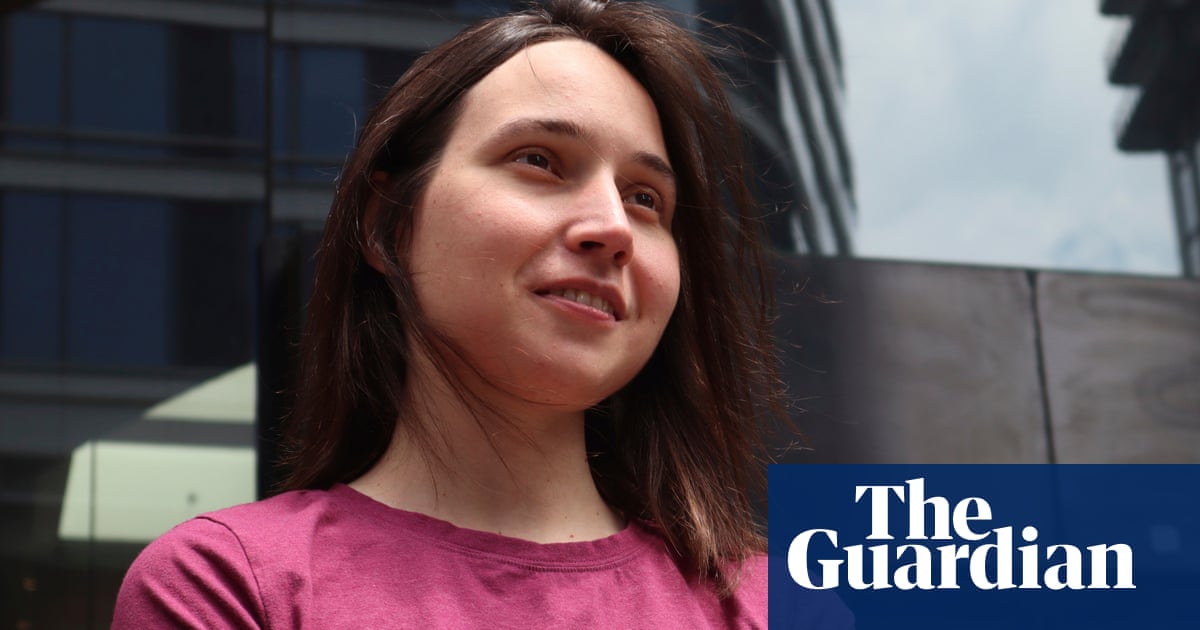A judge released a Russian-born scientist andHarvard Universityresearcher charged with smuggling frog embryos into the US on Thursday, freeing her on bail after a brief hearing.
Kseniia Petrova, 30, who was brought into court wearing an orange jumpsuit, had been infederal custodysince February. She was seen walking out of the courthouse laughing and hugging supporters.
Lawyers on both sides came to an agreement on conditions for Petrova’s release, which included limiting her travel. Authorities are still holding on to her passport. Petrova must return to court next week for a probable cause hearing on the smuggling charge.
“I hear it’s sunny. Goodbye,” magistrate judge Judith Dein said in Boston after approving the agreement.
Petrova was returning from a vacation earlier this year in France, where she had stopped at a lab specializing in splicing superfine sections of frog embryos and obtained a package of samples for research. She was questioned about the samples while passing through a US Customs and Border Protection checkpoint at Boston Logan international airport.
She became one of several high-profile cases of people detained in Donald Trump’s immigration crackdown that appeared to targetprominent academics and students, among other controversial cases.
After an interrogation, Petrova was told her visa was being canceled.
Petrova was briefly detained by immigration officials in Vermont, where she filed a petition seeking her release. She was later sent to a US Immigration and Customs Enforcement (Ice) facility in Louisiana,in an areawhere several other prominent detainees are or until recently were held.
The Department of Homeland Security (DHS) had said in a statement on the social media platform X that Petrova was detained after “lying to federal officers about carrying substances into the country”. They allege that messages on her phone “revealed she planned to smuggle the materials through customs without declaring them”. She told the Associated Press in an interview in April that she did not realize the items needed to be declared.
Petrova also told US authorities she feared persecution if deported back to Russia, for opposing the invasion of Ukraine. Her colleagues at Harvard, meanwhile, say her expertise is “irreplaceable” andPetrova saidforeign scientists “enrich” the US.
In May, Petrova was charged with smuggling in Massachusetts as a federal judge in Vermont set the hearing date on her petition. That judge later ruled that the immigration officers’ actions were unlawful, that Petrova did not present a danger, and that the embryos were non-living, non-hazardous and “posed a threat to no one”.
The judgehad releasedPetrova from Ice custody, but she had remained in the custody of the US Marshals Service on the smuggling charge before her release Thursday.The Associated Press contributed reporting
